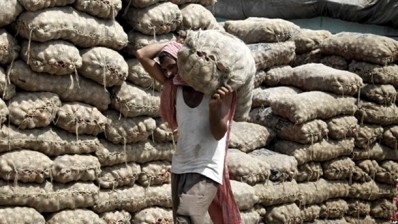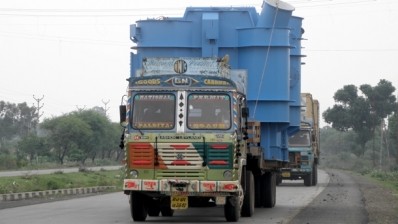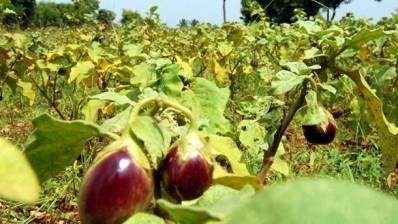India
Assocham: AP’s strong processing sector demands better supply chain

“The state government must enact a policy that cuts the supply lines in order to connect farmers directly to organised processors, retailers and exporters,” the Associated Chambers of Commerce and Industry of India (Assocham) suggested in its development agenda for Andhra Pradesh.
Economies of scale
“The state leadership must strategise to develop the food processing industry scientifically, but for that to happen, reforms are needed in taxes… and farmers need to be organised in clusters as farmer producer organisations to create economies of scale at their level,” added DS Rawat, Assocham’s national secretary general.
He also speculated whether a public-private partnership model could be developed to help industry invest in streamlined value chains while the state leveraged its strategic location advantage by building better physical infrastructure.
“Promoting value addition in the agriculture sector, encouraging farmers to produce and export high-value fruits and vegetables using modern farming technologies and high quality seeds, thereby creating opportunities for them to double their incomes, are certain key steps which should be duly supported by setting up food processing centres and world-class agriculture universities across the state.”
Resurgent after split
With investment worth over Rs115bn (US$1.9bn), Andhra Pradesh accounts for around 14% in the food processing investment in India, according to the chamber’s research bureau. The state ceded around one-third of its land last year in the formation of new state Telangana.
Assocham said that streamlining supply chains requires institutional innovations and major investment, and organised retailers would be interested in streamlining the back-end operations only if they had full freedom to scale up their operations in the front-end.
The government should treat food processing as a priority sector and remove it from the list of small-scale industry reservation, which limits the investment and scale of operations in these units. Large modern plants are what is needed.
The Agriculture Produce Marketing Committee Act also needs to be amended by de-listing fruits, vegetables and other perishable agriculture products which would allow farmers to sell to anyone inside or outside APMC markets, the chamber suggested.











